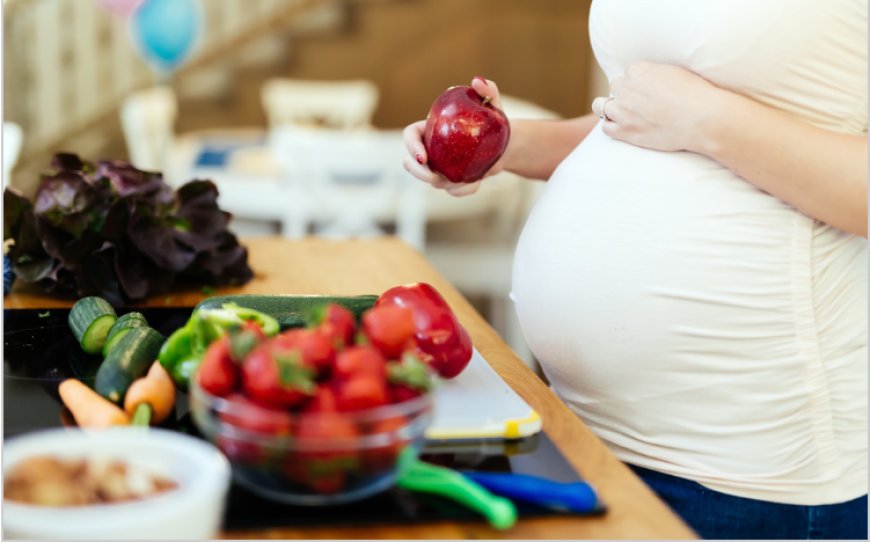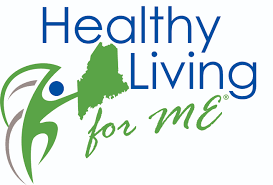9 Key nutrients for a healthy Pregnancy.

During your last antenatal clinic, your dietitian must have probably told you about the nutrients your baby needs. If you are like me (I tend to forget things easily during pregnancy), you may now think aloud: “ What did they say again? Oh, no, I remember only a few(cries)…." Wipe those tears. Didn't I remind you that your unborn child dislikes tears? I am here to help you remember.
Folate (Folic Acid)
You were probably told to take your prenatal supplement, which contains folic acid. What exactly is this folic acid? Folic acid is a derivative of vitamin B9, which plays a crucial function in red blood cell production and helps your baby's neural tube develop into its brain and spinal cord. Good sources include green, leafy vegetables, liver, orange juice, legumes (beans, peas, lentils), and nuts.
Apart from eating these foods, you must supplement with a prenatal vitamin containing at least 400 micrograms of folate daily, especially for the first 12 weeks.
Iron
You probably have a laboratory report sheet and wondering what some initials mean. Do you see the initial 'Hb'? That is what I want us to discuss- hemoglobin.
Hemoglobin is a complex protein in blood that aids in the transportation of oxygen and carbon dioxide. The ‘haemo-' stands for iron, and 'globulin' refers to the protein.
A non-pregnant woman should have a range of 12-15.8g/dl of Hb. During the first trimester, a range of 11.6 -13.6g/dl is normal. The second trimester ranges from 9.7-14.8 g/dl, and the third trimester 9.5-15g/dl. So, why do Haemoglobin levels Drop during pregnancy?
Good sources include lean red meat, dried beans, peas, and iron-fortified cereals. Apart from food, you will need a supplemental iron dose of 27 mg daily.
Calcium
Calcium is a mineral for its crucial role in healthy bones and teeth. It is also essential for blood clotting, contraction of muscles, and regulation of normal heart rhythms and nerve functions.
Lack of enough calcium during pregnancy predisposes a woman to osteoporosis later in life. This is because the body siphons calcium from your bones and gives it to the baby. Therefore, you must get adequate amounts of calcium during pregnancy. It is recommended that you get at least 1000mg of calcium every day. Primary sources include milk, cheese, yogurt, and sardines.
Vitamin A
Wait, you may have been told that Vitamin A causes miscarriages during pregnancy. So you are scared just at the mention of this vitamin. But is this true?
Vitamin A is a liposoluble vitamin that's stored in the liver and is essential for the development of your baby's internal organs, such as the heart, kidneys, bones, eyes, and lungs, as well as the central nervous system, circulatory, and respiratory system.
Vitamin A is essential for women about to give birth as it helps tissue repair and healing after birth. It also helps maintain normal vision, supports your immune system, fights infections, and helps with fat metabolism.
You also need this vitamin for that glowing, healthy skin you admire. Good sources include carrots, dark, leafy greens, and sweet potatoes. During pregnancy, you need 770 micrograms daily.
Vitamin C
Vitamin C is a very strong antioxidant that neutralizes harmful free radicals. It has a significant role in wound healing and controlling infections. Our bodies require vitamin C to produce collagen, a fibrous protein in connective tissue woven into the neurological, immune, bone, cartilage, blood, and other body systems. Numerous hormones and chemical messengers in the brain and nerves are produced with the aid of the vitamin.
Additionally, vitamin C aids in the body's absorption of iron and supports strong bones, teeth, and gums. Citrus fruits, broccoli, tomatoes, and strawberries are all excellent sources. During pregnancy, you must consume 85 mg of this vitamin daily.
Vitamin D
Vitamin D facilitates calcium absorption in the body to support the development of your child's bones and teeth. Additionally, it maintains the smooth operation of your body's muscles, nerves, and immune system.
During pregnancy, you require 600 IU (international units) of vitamin D per day. This quantity can be obtained through diet or your prenatal vitamin. Good sources of vitamin D include fatty fish, such as salmon, exposure to sunlight, and vitamin D-fortified milk.
Vitamin B12
It keeps your neurological system healthy and aids in the production of red blood cells. This kind of vitamin is found only in animal products such as liver, meat, fish, poultry, and milk. You require 2.6 micrograms each day while pregnant.
DHA
Docosahexaenoic acid (DHA) is a kind of omega-3 fatty acid that aids development and growth. To assist with the brain and visual development of your unborn child, you need DHA during pregnancy. Excellent sources include salmon, trout, herring, tilapia, and shrimp.
Iodine
To produce thyroid hormones, which aid in utilizing and storing food-derived energy, your body needs the mineral iodine. The development of your unborn child's nervous system during pregnancy needs iodine. Your baby's neurological system, which includes the brain, spinal cord, and nerves, enables movement, thought, and sensation.
You require 220 mcg of iodine every day while pregnant. Ensure to eat items containing iodine because not all prenatal supplements do.
Iodine-rich foods and beverages include fish, milk, cheese, yogurt, bread, and cereal that have been fortified with iodine, and sea iodized salt (salt with iodine added to it).







